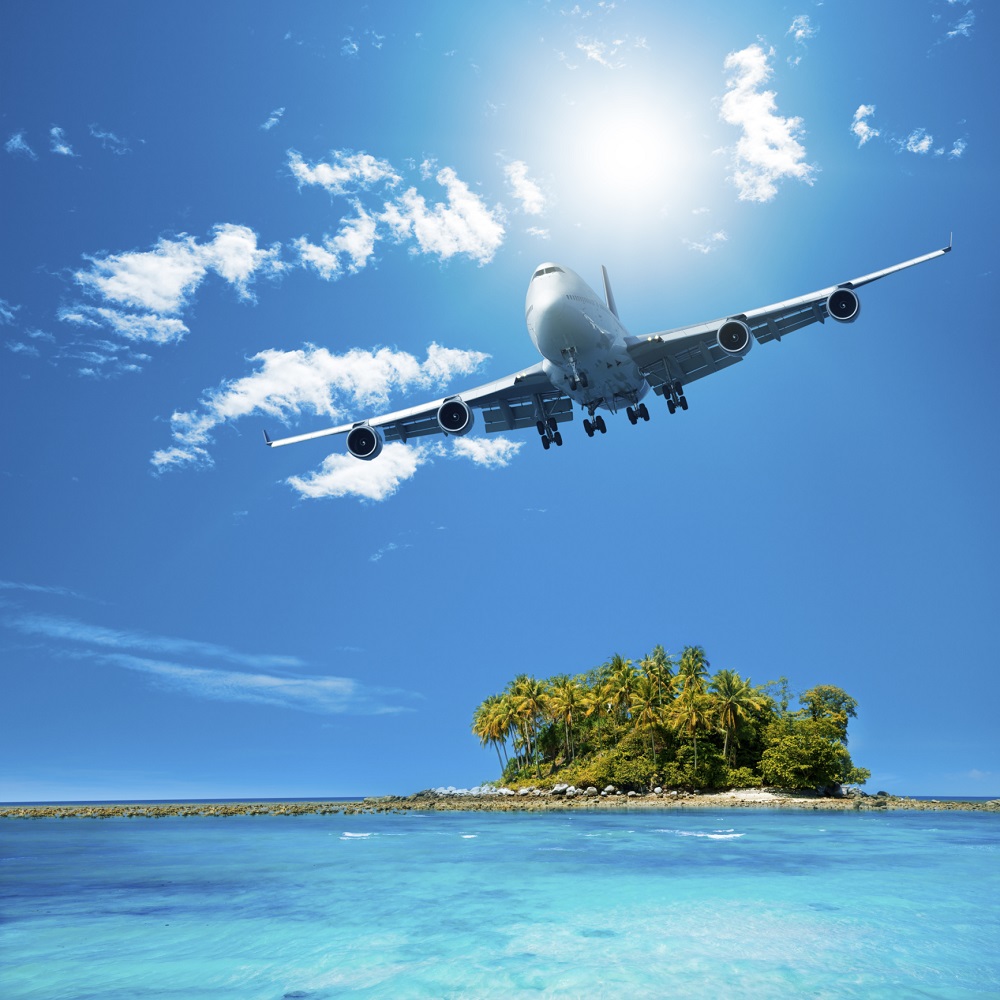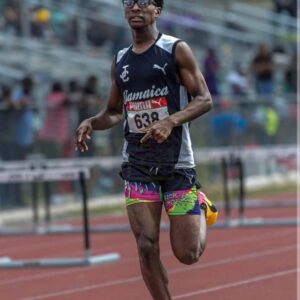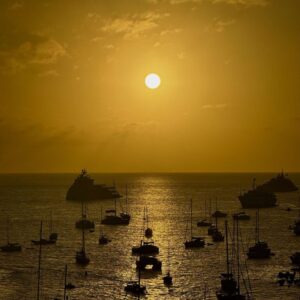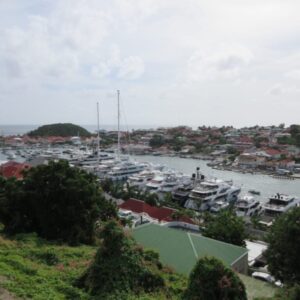
What does it mean to wake up in paradise?
Civil engineer and chairman of the Social Economic Council, also known as the SER, the Sociaal Economische Raad, on St. Maarten, Damien Richardson writes in a commentary that when Adam woke up that first day in paradise, as his eyes, hears, nose, and all of his body senses began to be activated; that must have been an unbelievable experience.
Damien Richardson writes that he is sure that once Adam saw the birds flying and enjoying the sky’s breeze, he would have wanted to become a pilot. Yet, most of the people of the Caribbean don’t realize that they are in paradise, until they leave and come back or listen as others describe the exceptional radiance, kind people, and levels of relaxation that the Caribbean provide.
The world celebrates the Caribbean as one of the must visit vacation locations. Today we can make an estimate that over 60 percent or more of the Caribbean citizens who leave the Caribbean do not return. The literacy level of the Caribbean people is at an average of 80 percent based on the UNESCO ratings, however, that number can be evaluated by some as being a bit too high seeing that there are no way to truly measure all of the Caribbean islands’ literacy levels, and as a principled fact the majority of the people of the Caribbean would love to return home to the Caribbean but lack a proper motivation to do so. When Adam realized that the Caribbean was 70 percent reliant on airlift and that it was going to cost him a whole lot of apples to fly between the islands, he decided to relax on the veranda instead. As a region the Caribbean is a victim of multiple centuries of natural disasters, colonial practices, strategic NGO involvements, multinational and corporate international banking and oil industry approaches that have not had any true or lasting benefit for the Caribbean people. Once we consider the expressions of Caribbean regional international aid and the lack of true regional preparedness strategies and any valid structured planning and support for the return of our Caribbean diaspora; it therefore, seems finally necessary to no longer simply give word play to our joint regional and local disaster and social preparedness.
Adam had to first realize that he was alive; after that it was important to understand what and why he was made to be alive. Now that we know that we are a Caribbean people what will be our next steps forward how will we begin our journey into the future together. Some questions that can come to mind as we forge an alternative positive future are the following. Why must we continue living in a Caribbean context with mediocre airlift and inactive protection from key natural disasters? Why must we continue to live without a clue of what our next generation will inherit as a legacy? How many more geniuses are we going to trigger and set assail in the seas of our many international harbors of knowledge and development? It is time to draw in the net. We as a people are faced with a seemingly big challenge, yet we are all graced with the necessary tools to all help uncover the great masterpiece that is called the Caribbean – islands working together with each their own intrinsic qualities and character facilitating a unique blend of social expressions as they work towards a series of common goals.



